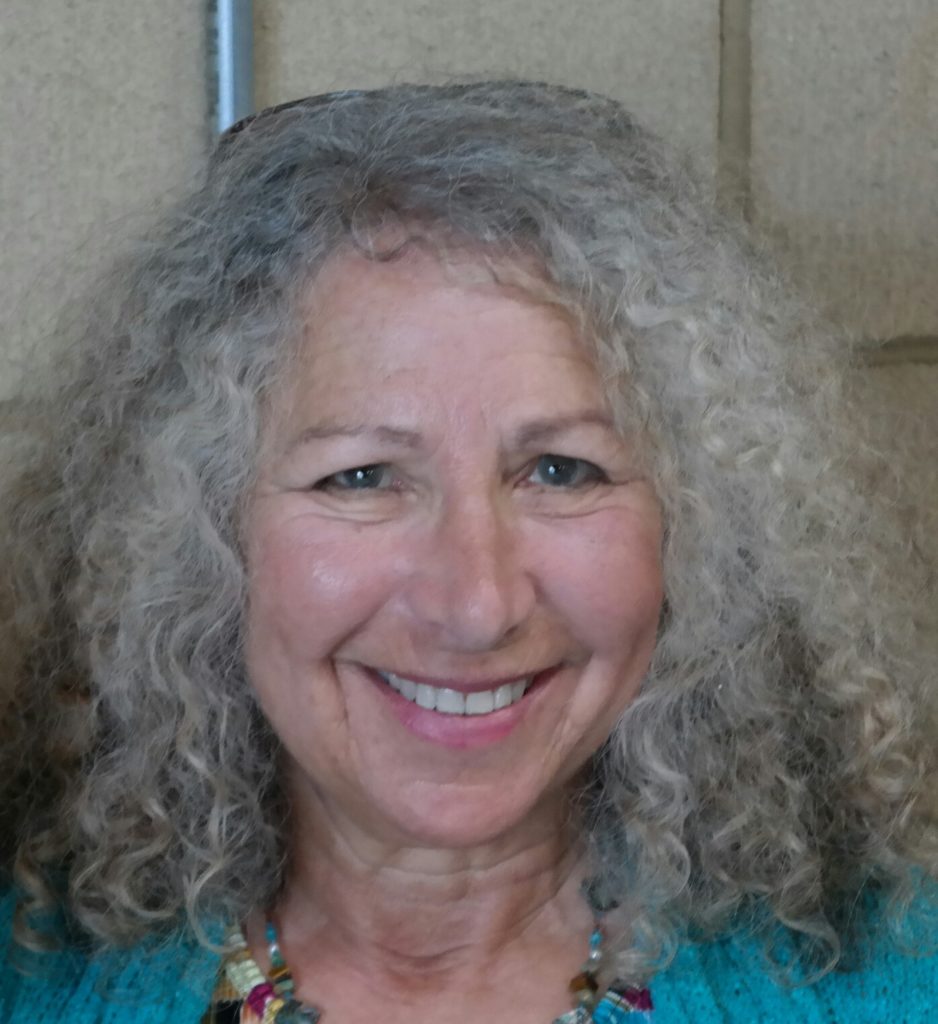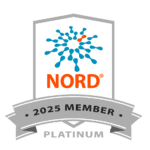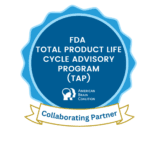Collective Strength
During my late thirties my loss of balance was apparent. That was over 35 years ago. By my early forties, I was diagnosed with Cerebellar Ataxia. Prior to that day, Ataxia, cerebellum, and degeneration were words I never heard of. No family, friends, or public figures had this condition and, I felt completely alone. For years, I felt robbed of life, believed I was a victim of unfair circumstance. The year of this unexpected and terrifying news came in the early 1990s. At that time, the internet was just starting to gain some popularity in some parts of the U.S. and the world. Unfortunately, it was not in my world. The worst part, I had no one to talk with. Every doctor said there was no cure, neither physical therapy nor occupational therapy were common interventions.
Fortunately. I was gifted with an inner strength (and stubbornness) that helped me “deal with” my continuous challenges. By the year 2000, the internet could be found in most U.S. homes. It kept growing during the first decade of this century, and today it is a common means of global communication. Finally, Ataxians, all around the world, could find and talk to each other. BIG STEP! However not until the global pandemic of 2020, did I realize that communication was easily gotten from social media and Zoom. Even though I knew support groups for Ataxia existed, I had personal reservations about getting involved. I thought support groups were just a platform to complain. Was I ever wrong!!
Today, I am extremely grateful that I am in a support group. We meet weekly over Zoom. Participation includes people from all over the world, varying ages, and many Ataxia types and stages. The benefits are great: we share helpful tips not available from many neurologists, referrals to various researchers, specialists and, even Ataxia medical experts are shared.
Everybody’s voice is welcome, one can choose to speak or just listen. No rules, no boundaries. Personally I learn so much and, highly encourage everyone to search for and, take advantage of a support group. NAF website lists many groups to join at www.ataxia.org/support-groups.
Recently, I was motivated to write the following poem:
ATAXIA THRIVERS
by Debbie Levi
We hear “no cure” again and again.
But despite dire forecasts, despite
our losses, daily challenges and falls,
together we climb upwards like
branches twisted and turned after
storms settle, light clears the shadows.
Some days rooms are dark, sunrises
hidden, gone forever, sunsets unseen.
But as we begin to hold hands—share
life journeys, trade tips, and find common
solutions, struggles lessen. We uncover new
paths of hope, fresh ideas, renewed strength.
Like rain clouds above, we keep moving
with purpose—slowly, carefully, mindfully
as best we can. This is our destiny.
We, the Ataxia(s) thrivers, face daily trials
with courage, warriors who never give up—
as the sun coaxes flowers to grow,
always seeking level ground.
Read More Member Stories
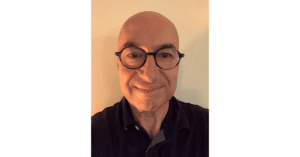
Ad van der Wegen
Hello, my name is Ad, I am 62 years old and I live in the Netherlands. I am married with Marina and we have a daughter Dorith. Since September 2023 Read More…
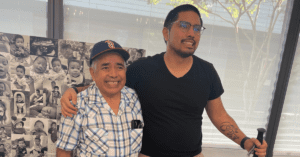
Sly F
Hello my name is Sly. I’m 33 years old. Started to show symptoms at age 21, diagnosed at age 25. Fun fact: before I got diagnosed is that I hiked Read More…

Lillian O’Connor
I was diagnosed with Gluten Ataxia Disease 2 years ago. I went to every specialist and checked myself into the hospital for tests. I had a brain MRI. Every doctor Read More…
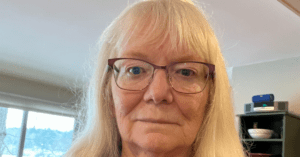
Marybeth Barker
Shortly after returning from a once in a lifetime vacation to Turkey in 2010, at age 58, I began to experience odd neurological symptoms and profound exhaustion. I felt like Read More…
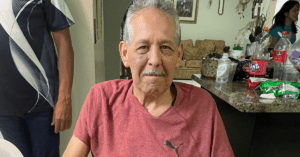
Neyveth Duarte
My name is Neyveth Duarte and my dad was officially diagnosed with Ataxia earlier this year. My dad is my hero and he is going through a really hard time Read More…
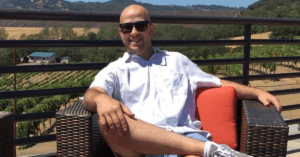
Adam Nelson
I grew up in a small & rural town of about 3,500 people in central Minnesota. I was raised in a blue-collar middle class home, with both loving parents and Read More…


